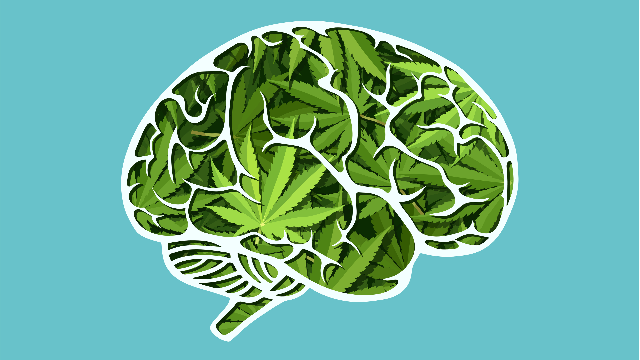New research by the Endocrine Society shows that female eggs exposed to tetrahydrocannabinol could impair the production of viable embryos, decreasing the likelihood of a viable pregnancy.
“Cannabis is the highest used recreational drug amongst individuals of reproductive age. Fertility clinics advise against cannabis use when undergoing fertility treatments, but the literature backing this statement is weak,” the study’s co-authors wrote in a news release.
“This rise in cannabis use has occurred simultaneously with the increase in the percentage of the main psychoactive component of cannabis, delta-9 tetrahydrocannabinol (THC). Our research aims to study the impact of THC on oocyte maturation and pre-implantation embryonic development.”
For their study, researchers conducted experiments on animals, treating female eggs with concentrations of tetrahydrocannabinol at the therapeutic level. They were matured into five different forms: untreated, control, low THC, mid THC, and high THC.
Researchers theorized that tetrahydrocannabinol impacts oocyte competence and early embronic development in vitro. In the findings, it was determined that tetrahydrocannabinol exposure drastically reduced the expression of genes known as connexins, which play a vital role in intercellular communication and flow of ions and small molecules between adjacent cells.
“Poorer quality oocytes, with lower connexin expression levels, have been shown to lead to a poorer embryo development,” researchers determined.
“Preliminary data also showed THC affected the activity of a total of 62 genes in the treatment groups compared with the non-treated groups.”
“This research aims to understand the effects of cannabis on fertility, as current knowledge during preimplantation development is limited, making it difficult for physicians to properly advise patients undergoing IVF,” the findings concluded.


